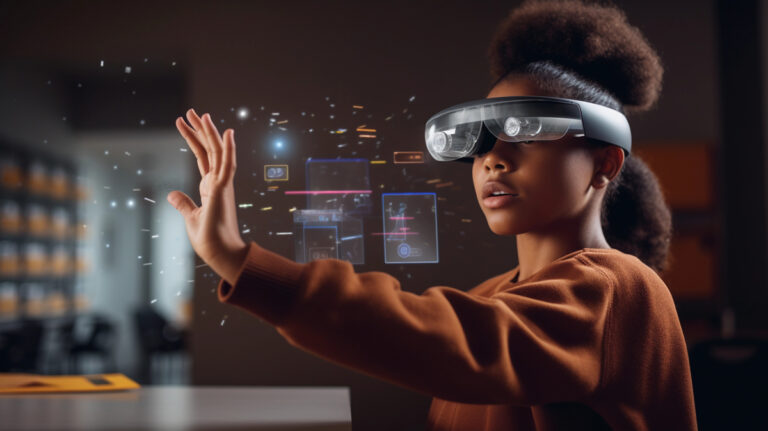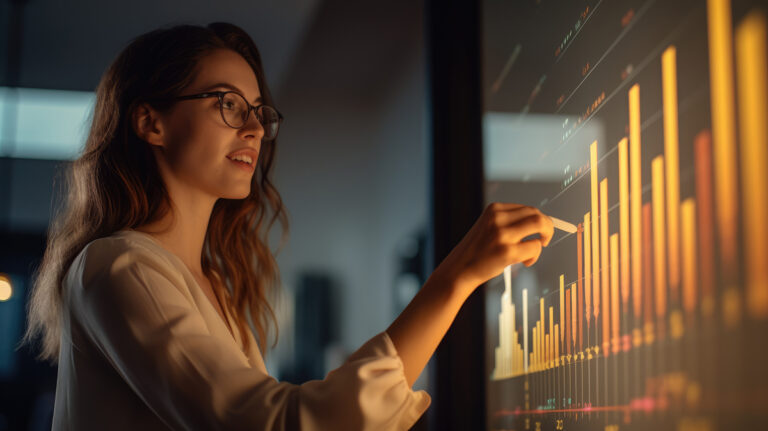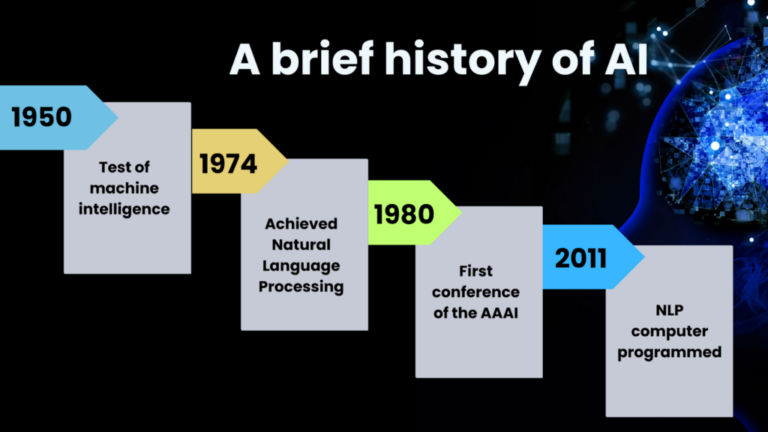How AI is Revolutionizing Tourism

Photo credit: Daytona Beach Area Convention & Visitors Bureau
It’s two letters that have been getting a lot of attention lately: AI.
AI, or artificial intelligence, is a broad term that refers to machines or computer systems performing tasks that normally require human intelligence. Think reasoning, learning, understanding language, recognizing images and solving problems.
It’s used in health care, education, entertainment, finance, agriculture and more.
Including tourism.

“For tourism staff, we can use tools like Chat GPT to draft content for website pages, blogs, social media posts and promotional ideas and create illustrations, modify images, analyze data points and the like,” says Kay Galloway.
Galloway is director of marketing and design at the Daytona Beach Area Convention & Visitors Bureau.
In 2022, the Greater Daytona Region saw 10.6 million visitors spending some $5.7 billion in the community. AI is helping reach even more people.
Tourism in Volusia County includes Daytona Beach, New Smyrna Beach and West Volusia. West Volusia includes 14 communities along the St. Johns River.
“I consider AI tools ‘interns.’ They only know what they can emulate or find on open data sources. As humans, we must review and evaluate AI’s results,” Galloway says.
“It’s usually never 100% correct. I also think AI helps humans become better critical thinkers. How you input a prompt within AI heavily impacts how AI generates content.”
Galloway is expanding the use of AI in her department in beta testing with Adobe Firefly, which creates images.
The CVB is relatively new in its use of AI. Galloway says she first learned about the use of artificial intelligence in tourism at a Travel & Tourism Research Association conference in March 2022.
There she saw how AI could develop blog content for a website. The demonstration became an inspiration.
“[AI assists tourists to visit the area more easily] through the content we develop using AI tools, text on websites, blogs, itineraries and emails to educate and inspire travel to the Daytona Beach area,” says Galloway.
Regardless, anything AI produces will still have human eyes on it.
“Whatever AI creates, generates, or composes, it’s important that we review, fact check and provide a human perspective – which consumers or visitors can relate to.”











